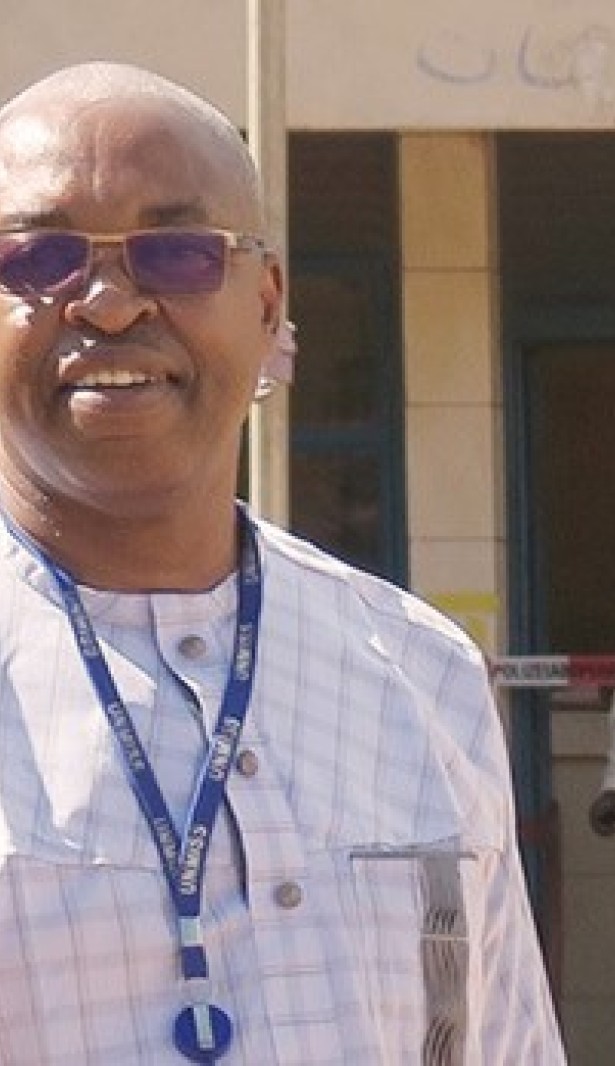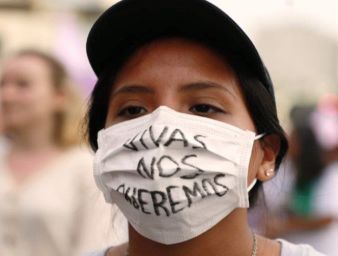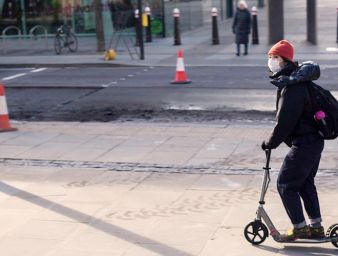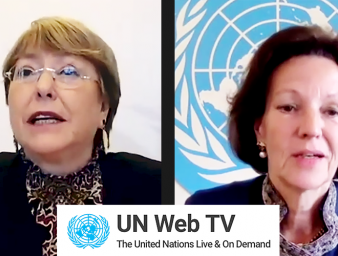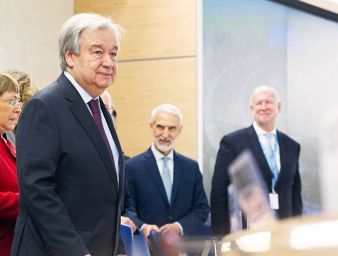Working together to better protect South Sudan’s vulnerable during COVID-19
23 June 2020
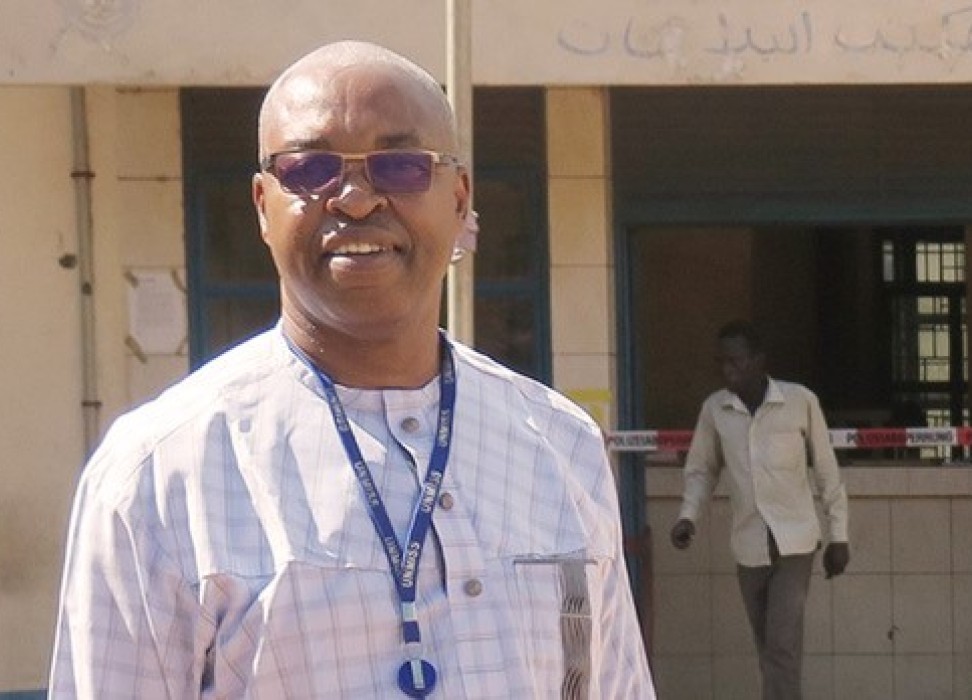
Anthony Nwapa is a team leader at the UN Mission in South Sudan Human Rights Division in Eastern Equatoria State, South Sudan. Following advocacy efforts with the Head of Legal Administration in South Sudan to decongest places of detention, his team has been monitoring progress in steps taken to avoid the spread of COVID-19 amongst detainees and inmates, in particular through the release of individuals from prisons and other detention facilities.
We asked Nwapa how he and his colleagues continue working on human rights and protection issues during the pandemic.
How has COVID-19 affected your work?
The COVID-19 measures in South Sudan have radically changed our mode of operation in terms of monitoring and verification of human rights. Thus, due to lockdown measures, we have resorted to remote monitoring using the partnerships we have built over time with civil society organization and Government actors through safe, secured social media platforms to leverage monitoring and redress violations. We have credible and reliable civil society partners who share information with us and, through them and other Government actors, we are able to engage with Government actors to secure redress for those violations.
What is OHCHR in South Sudan doing to protect the rights of people during this epidemic?
UN Human Rights, in partnership with the Human Rights Division of the UN Mission in South Sudan, is engaging with Government actors and civil society partners to monitor detention facilities. We have been able to successfully advocate with the Head of Legal Administration to review cases of minor offences in police detention facilities leading to the grant of ordinary bail - without onerous conditions, thereby making it possible for poor detainees to benefit from these exercise.
We have also carried out advocacy with the President of the High Court resulting in jail delivery exercises that have yielded positive results. In the last couple of weeks, we have documented the release of 59 detainees from police detention facilities, including 28 male adults, 23 male juveniles, six female adults and two female juveniles. Further, through these advocacies with the judges, we have secured the release of eight adult inmates from prison custody. Our efforts have not only addressed the issue of right to liberty but have also facilitated decongestion in these facilities as a measure to prevent the spread of COVID-19.
What are the main human rights issues at stake in your country in the COVID-19 response?
The pandemic has exacerbated the already precarious human rights situation in our region. The measures to respond to the crisis has given security forces wide powers to restrict fundamental freedoms and dignity, and this has enabled some of these personnel to act with impunity leading to greater number of incidents of violations in our region. Access to health care also constitutes a major challenge because of lack of healthcare facilities and staff to cope with the increasing demands for health services. We also lack coordination amongst the judicial institutions; this leads to undue delays in the administration of justice, and the congestion of prisons and other detention facilities that may encourage the spread of COVID-19.
Biggest challenges and lessons learned thus far during the pandemic?
Our biggest challenge is how to manage, with lesser personnel on ground, the increasing demands of human rights monitoring, and engagements brought about by the COVID-19 prevention measures under the existing lockdowns. The lesson learned is that we can narrow down our work and focus on most important issues and areas we have a comparative advantage on.
Why is it important to stand together during this pandemic?
It is vital that we collaborate with relevant stakeholders. This is because our individual resources and capabilities are limited but, when pulled together, our comparative advantages will facilitate greater results for the vulnerable groups we support. For instance, we sought the support of the humanitarian partners to secure greater assistance to address the socio-economic challenges that is facing persons living with disability in our region. We felt that we are unable to adequately ameliorate the impact of COVID-19 measures on this group. We therefore engaged the humanitarian agencies and secured pledges from them to facilitate the provision of psychosocial support, the distribution of food and hand washing items including soap to address the challenges facing this group, actions which we are not able to accomplish because of the limitations of our mandate.
23 June 2020
